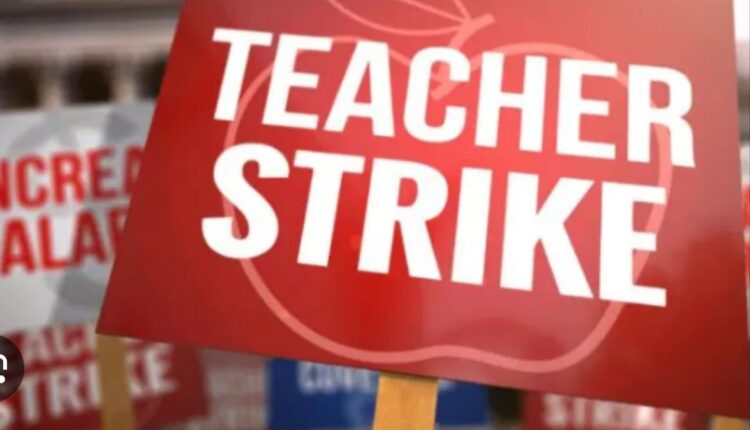The national leadership of the University Teachers Association of Ghana (UTAG) has been given three days to end the current strike they have embarked on by a group of members of the organization who describe themselves as “Silent Majority” in respect to the fight against illegal mining, commonly called galamsey.
The members argue that, there is no basis and justification for the strike, especially after Organised Labour had called off its action following government assurance and measures issued to tackle the menace.
Speaking to the media on behalf of the group, Professor Isaac Boadi, a senior academic and spokesperson for the aggrieved members, emphasised that UTAG’s leadership must reassess the situation and called for a more strategic and thoughtful approach to handling the ongoing negotiations with the government.
“We are by this statement requesting the following, take immediate action from the national leadership of UTAG by Friday [October 18] to call off the strike immediately. Our first plea, our first request to NEC executives.We should call off the strike immediately and constitute a team that will monitor the implementation of the government’s road map to addressing the galamsey menace” he said.
Former President John Agyekum Kufuor has also added his voice to the fight by making a strong plea to academics, urging them to be more aggressive in tackling the problem.
Acknowledging the role played by politicians over the period concerning the menace, the former president said their efforts alone would not be sufficient to achieve long-term solutions.
Speaking at a special event organised by the Ghana Institute of Management and Public Administration (GIMPA), the former president highlighted the urgency with which the issue of illegal mining needs to be tackled.
He noted that the negative consequences of galamsey, including environmental degradation, destruction of water bodies, and loss of arable land, have far-reaching implications for the country’s future.
As such, the former president pointed out that this is not just a political issue, but one that requires a multidisciplinary approach, where the academic community can play a pivotal role.
He said, “The topic of illegal mining and the proper use of our natural resources is one we must address with critical analysis and urgency to achieve the long-term solutions that we must achieve. I therefore urge thought leaders such as the academia, especially institutions like GIMPA, to take up the mantle and lead conversations that bring solutions to these pressing national challenges for the immediate and long term.”


Comments are closed.